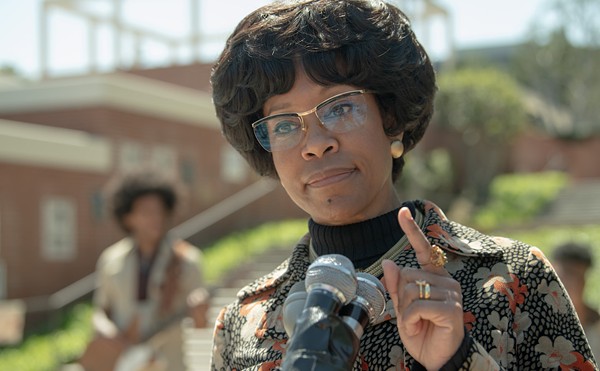Speaking via telephone from New York, the maverick director explains that at the heart of his new film is a lifelong love for radio. So how did the Prairie Home Companion come about? "My wife was a big fan and listened to it all the time, and I heard it occasionally," Altman explains. "Garrison [Keillor] and I share a lawyer, and he came to me with the idea of doing Lake Wobegone, and by the time we finished we ended up saying, ‘Why don't we just do Prairie Home Companion?'"
It was the challenge of filming radio that encouraged Altman to switch to the near-vaudeville stylings of Prairie Home: "Well, I'm a big radio fan. I started this whole journey from radio right before the Second World War. When I was a kid, that was the big thing, were the radio shows. So I was educated on radio." Asked whether a hint of nostalgia crept into the topic, Altman says, "Wasn't that. I think I was just tuned into it. It allowed me to listen to Garrison. I listen to radio a lot, and I like the idea when I don't see everything. You know, before television, radio was great. And then I Love Lucy came along and ruined all of our lives." Television, he says, "is easier but it's not as challenging [as radio]."
How does Altman think the film's old-fashioned music will go over with yuppies and Hollywood types? "Well, I don't know. And we won't know until we get it out there, but we showed it at the Berlin Film Festival and we got an enormous response. They accepted it on face value. And there is the kind of star quality in it... that covers a lot." The strangest reaction to the film, Altman says, is that "journalists will call and say, ‘Well, I liked it.' And, well, I assumed that they'd like it. But they seemed to be surprised that it was the way that it was."
Perhaps the surprise is that all the toe-tapping music in the film, as the director notes, "disguises the fact that it's about death." But when asked about the film's dark currents, Altman's quick response is, "Well, if death is dark, then it has dark currents." After all, the man is 81 and making musicals; in this film death is just one more of life's many enigmas.
The enigmatic is a hallmark of Altman's work, and asked whether his films are designed or edited to be so open-ended, the master replies with a parable: "That's the way they were designed. We weren't telling you all those things. You don't know all those things. You know, you can go to a dinner party with twelve people and you can spend three hours with those people, and on your way home you're saying, ‘Who's that girl with the blond hair that seemed to be with the black guy?' I mean, you've been all that time with them and you still don't know who they are. And so I don't expect to show any more. I don't think you should know about everybody in the thing. You should glean impressions. And that's the way I like to do it."





